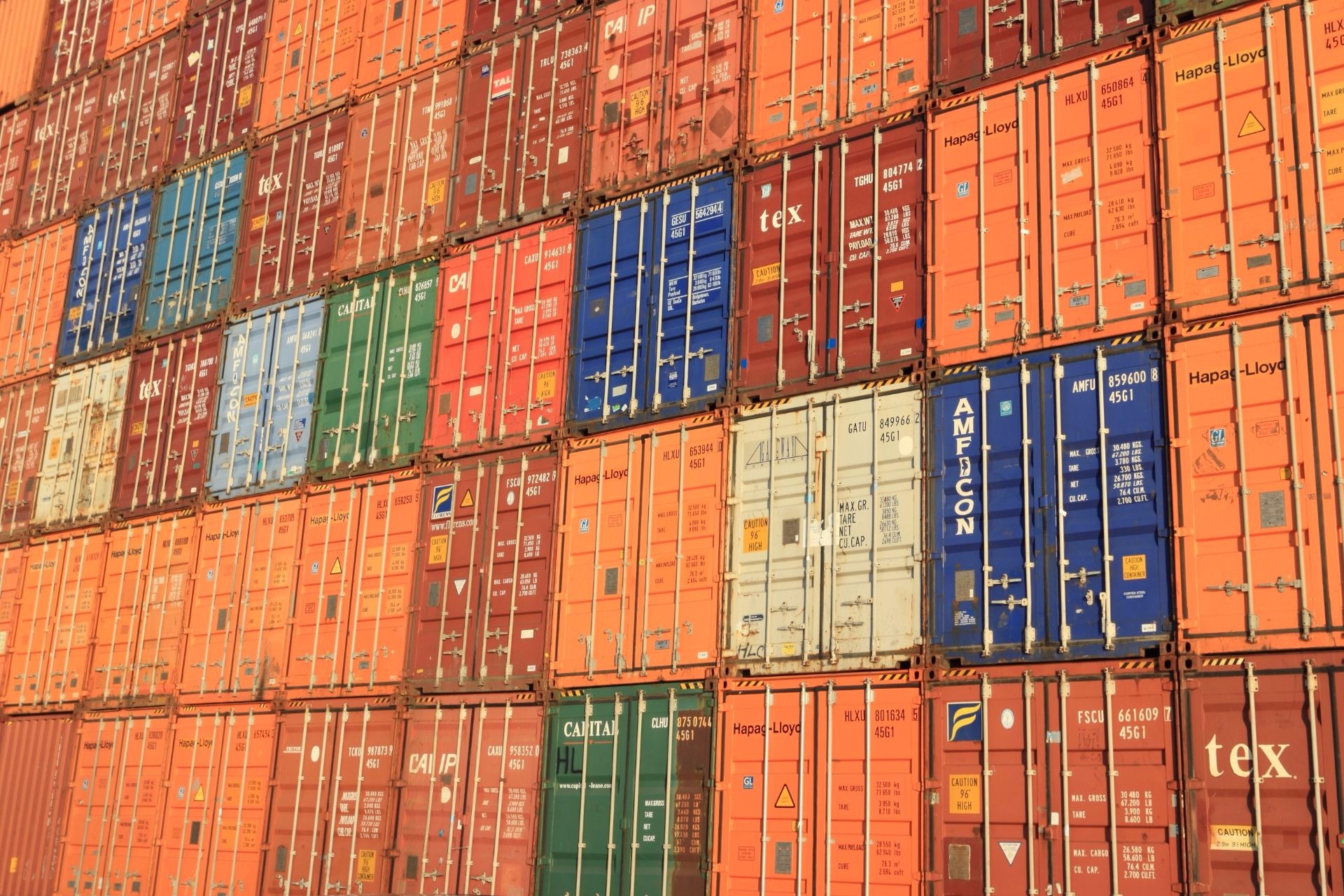Many shippers tend to assume that their cargo is covered — but without cargo insurance, they may be on the hook for more than they think.
Far too many shippers start to breathe easy as soon as their cargo is safely aboard a ship or aircraft — even without insurance. But as many have learned the hard way, shipping without cargo insurance means taking on a huge financial risk. For a lost shipment of just $1,000 in goods, a shipper would have to make $20,000 in sales to recoup their losses.
For those who believe that cargo insurance is a superfluous perk or luxury, here are some of the many reasons why insurance is a must — and how to get your shipment covered.
Carriers Have the Advantage
Each carrier is required to have liability coverage, but this coverage is far less significant than shippers might think. The maximum liability offered by steamship line is only $500 per unit shipped, while air shipping is offered at a mere $9.07 per pound.
Even if this your shipment is so small that this seems sufficient to cover it, the claims process puts the carrier at a significant advantage. Ocean shipments require that a claim is made within three days of the delivery date. Not only that, but the carrier also has 17 defenses under the Carriage of Goods by Sea Act (COGSA), a law that also makes carriers prove definitively that there was no negligence on their part before having to pay out claims. This leaves many claims unpaid, passing the bill onto shippers.
Theft on the Rise
In 2015, the FBI reported $27,872,130 in cargo goods were stolen, and only $5,492,273 worth of those goods were recovered. While shippers have mostly had to worry about false pickups and identity theft, carriers are also becoming increasingly concerned with piracy in international shipments. These rising thefts put your bottom line at risk and can pose logistical nightmares for your business.
Cargo Damage is Very Common
The complicated logistics of shipping cargo unfortunately provides plenty of opportunities for your shipment to become damaged or lost. A report by the UK P&I Club outlined how cargo damage and losses are still a very real problem for shippers and carriers alike. The Club states that “25% of damage is physical, 14% temperature related, [and] 11% containers lost overboard.” The last thing your company wants is to pay for someone else’s mistakes.
Release of Your Cargo
A General Average is a principle that makes all parties liable if an accident occurs to the vessel on which your cargo was shipped. Even if your cargo arrives safely and undamaged, you may be required to pay a deposit or bond in order to release your cargo after a General Average. Cargo insurance lets the insurance company assume liability so your cargo gets released quickly.
How to Get Insured
Primary Freight offers an All-Risk insurance policy for pennies on the dollar for shippers that not only covers your goods, but also the cost of transportation if problems arise. Our policies cover all provisions — you’ll never have to worry about General Averages again. Contact us to make sure your next shipment is completely covered.
